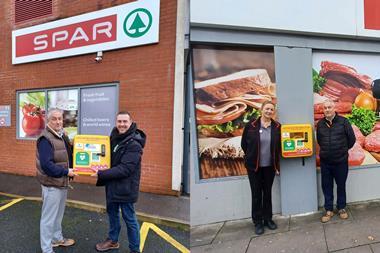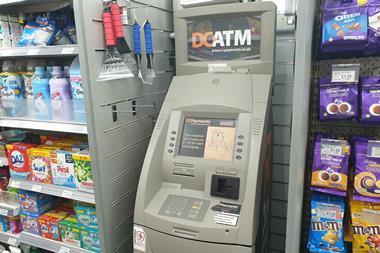New report highlights importance of rural shops to isolated communities
By Sunneva Moore2024-01-31T12:33:00

The ACS has published its 2024 Rural Shop Report showcasing the vital role played by the country’s 17,986 rural shops
ALREADY HAVE A REGISTERED USER ACCOUNT? PLEASE LOG IN HERE
To read the full story join the ConvenienceStore.co.uk community today!
Registration is quick and easy and provides access to:
- Unlimited ConvenienceStore.co.uk articles
- Our great range of newsletters
- Content you’ve saved for later via the ‘my library’ feature
And much more…
Related articles
More from News
Unlimited Access + Newsletters
Register today to gain unlimited access to articles and to receive our great range of email newsletters.































